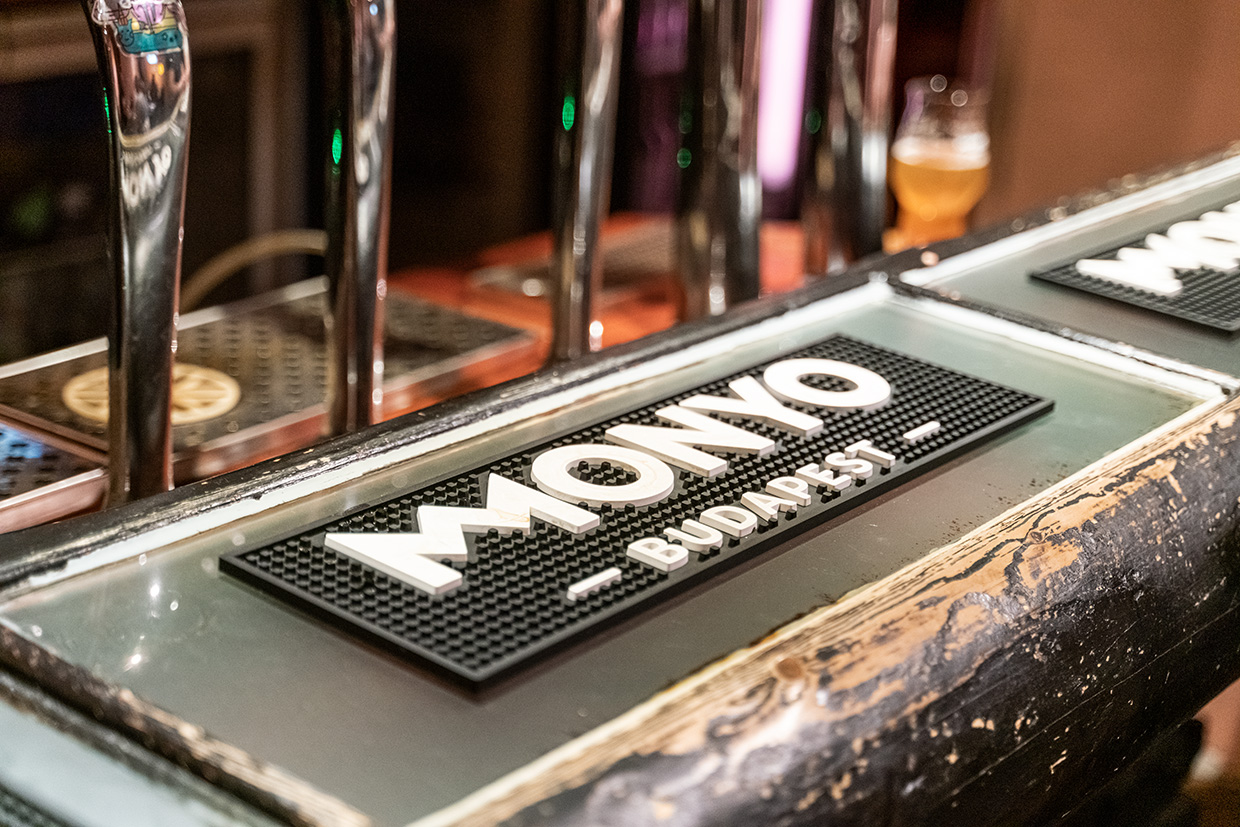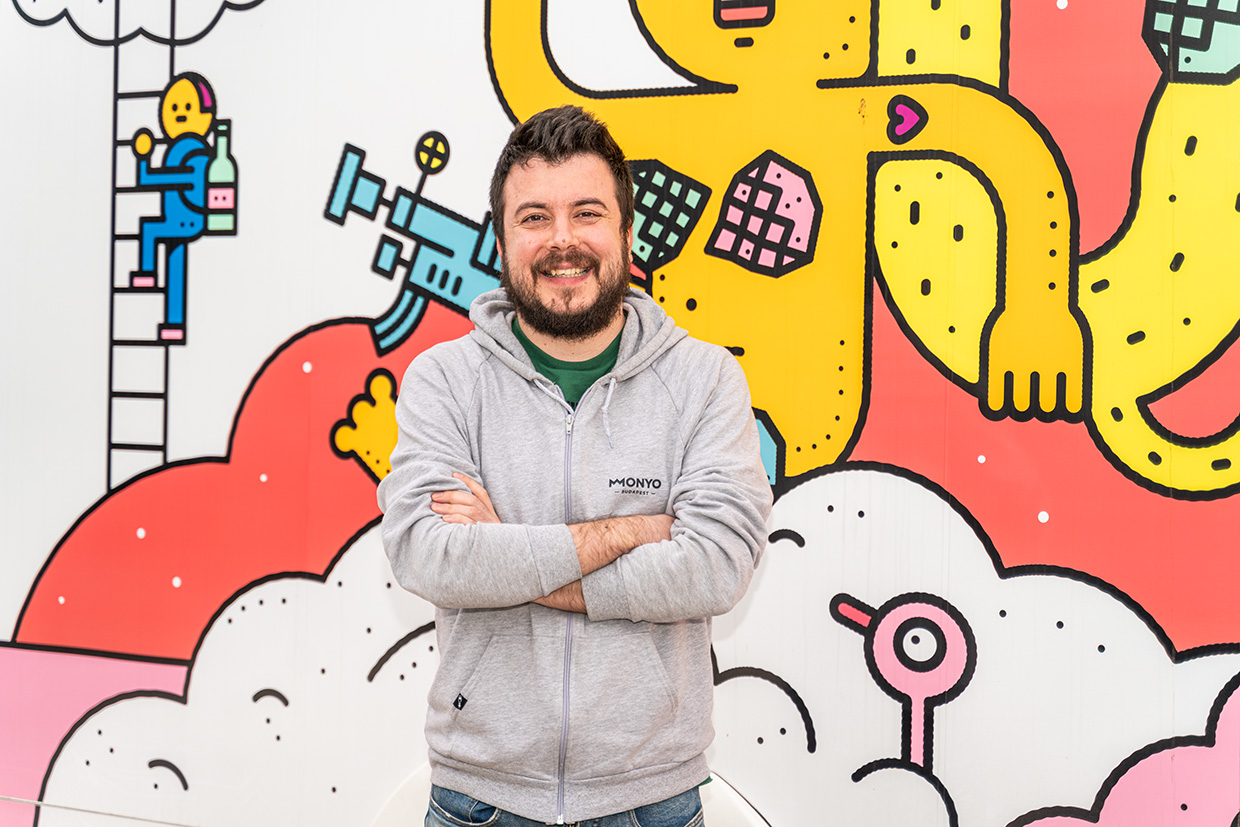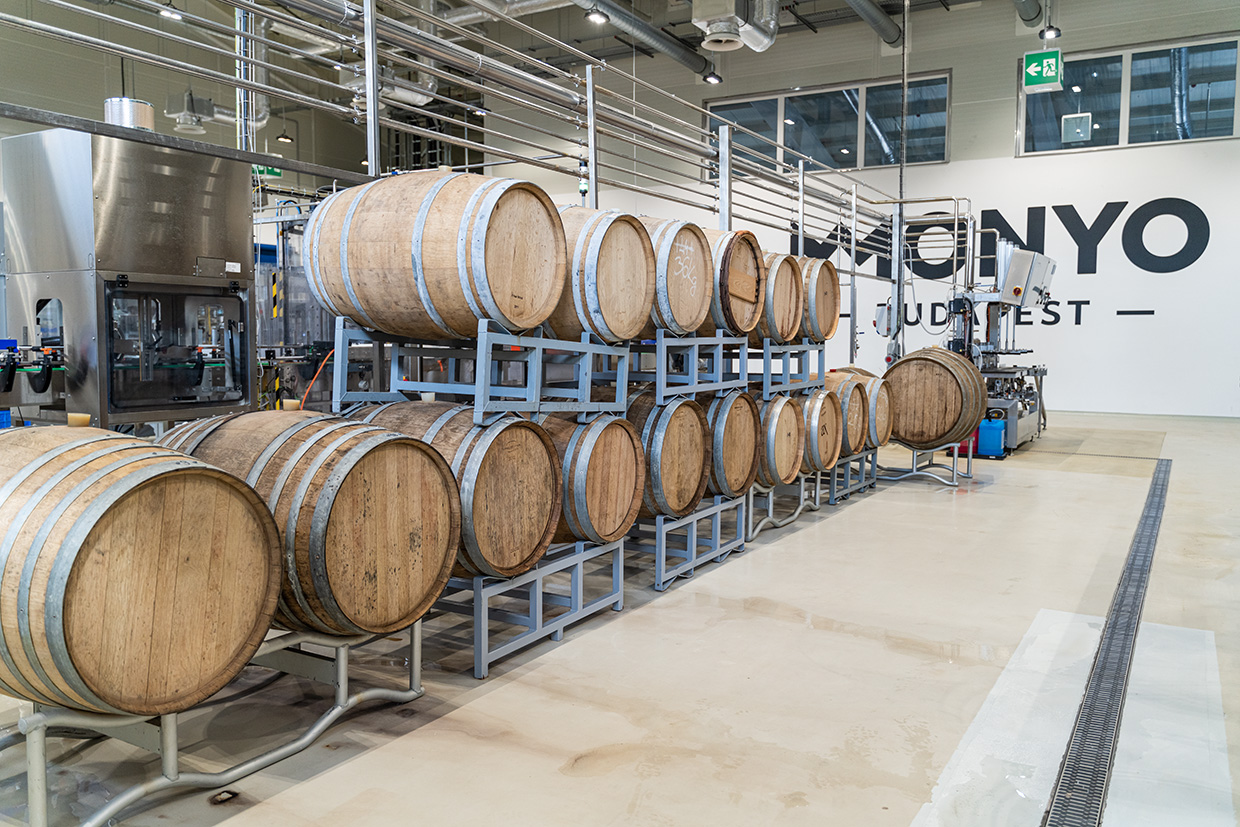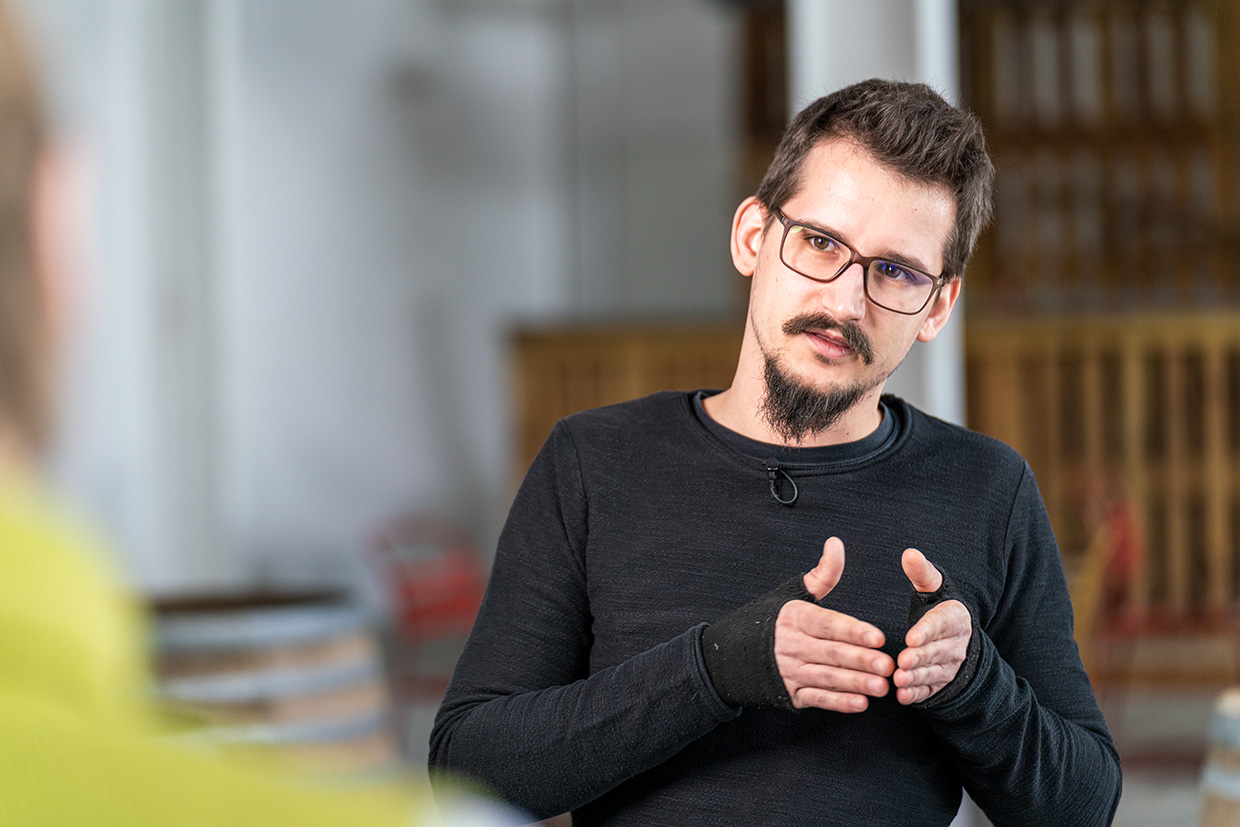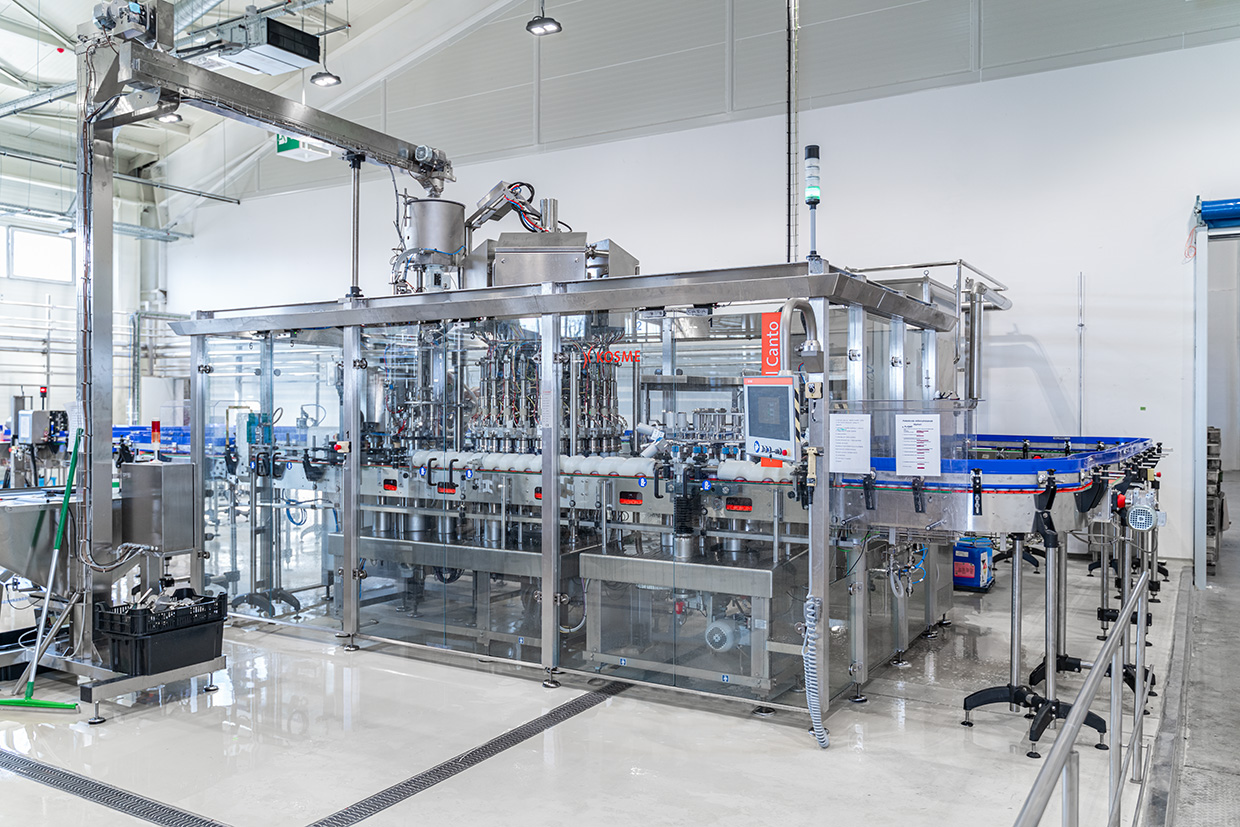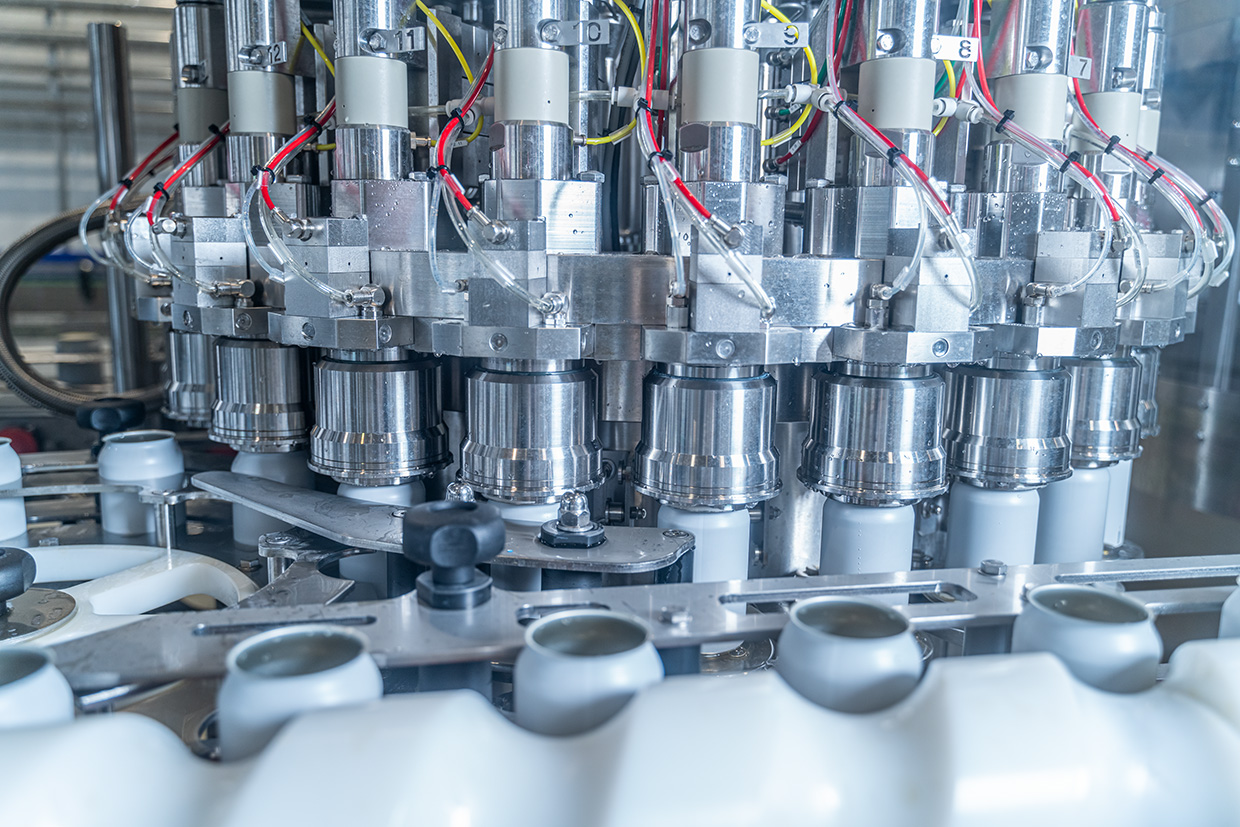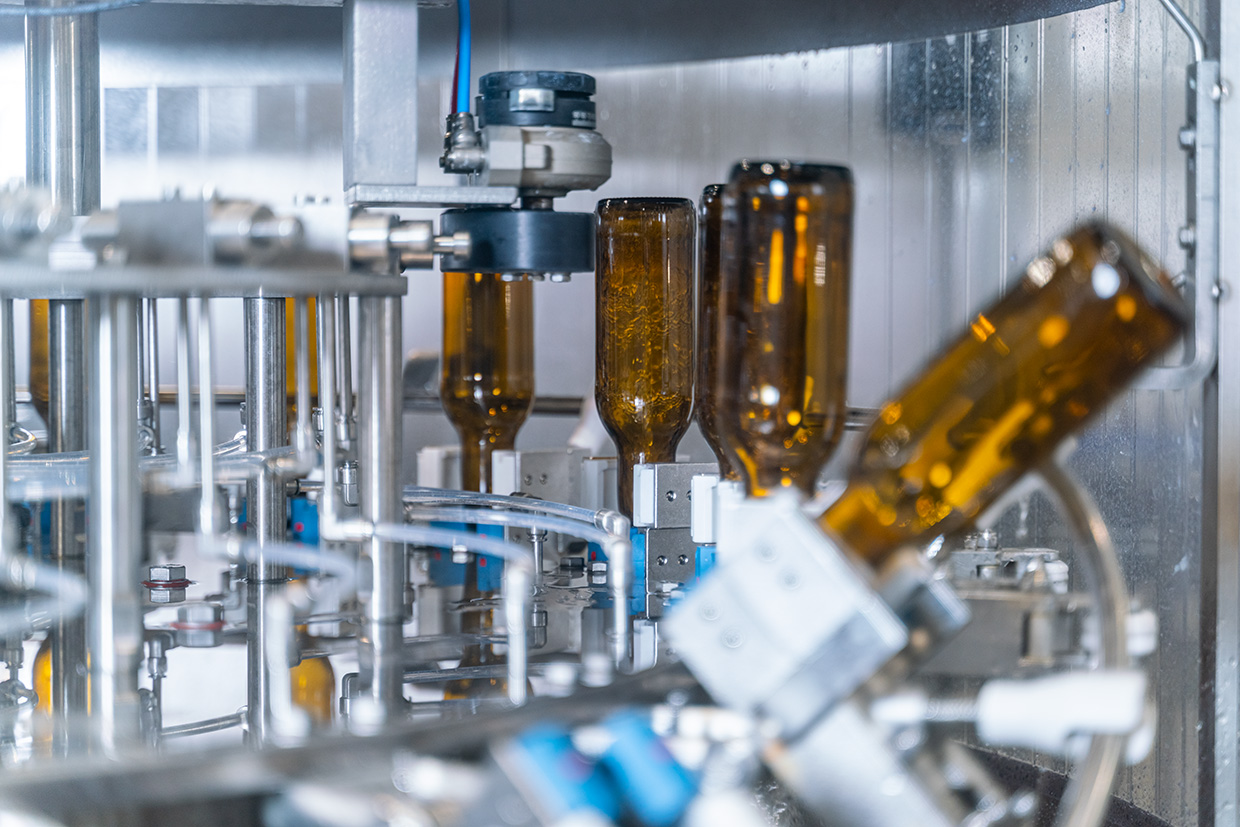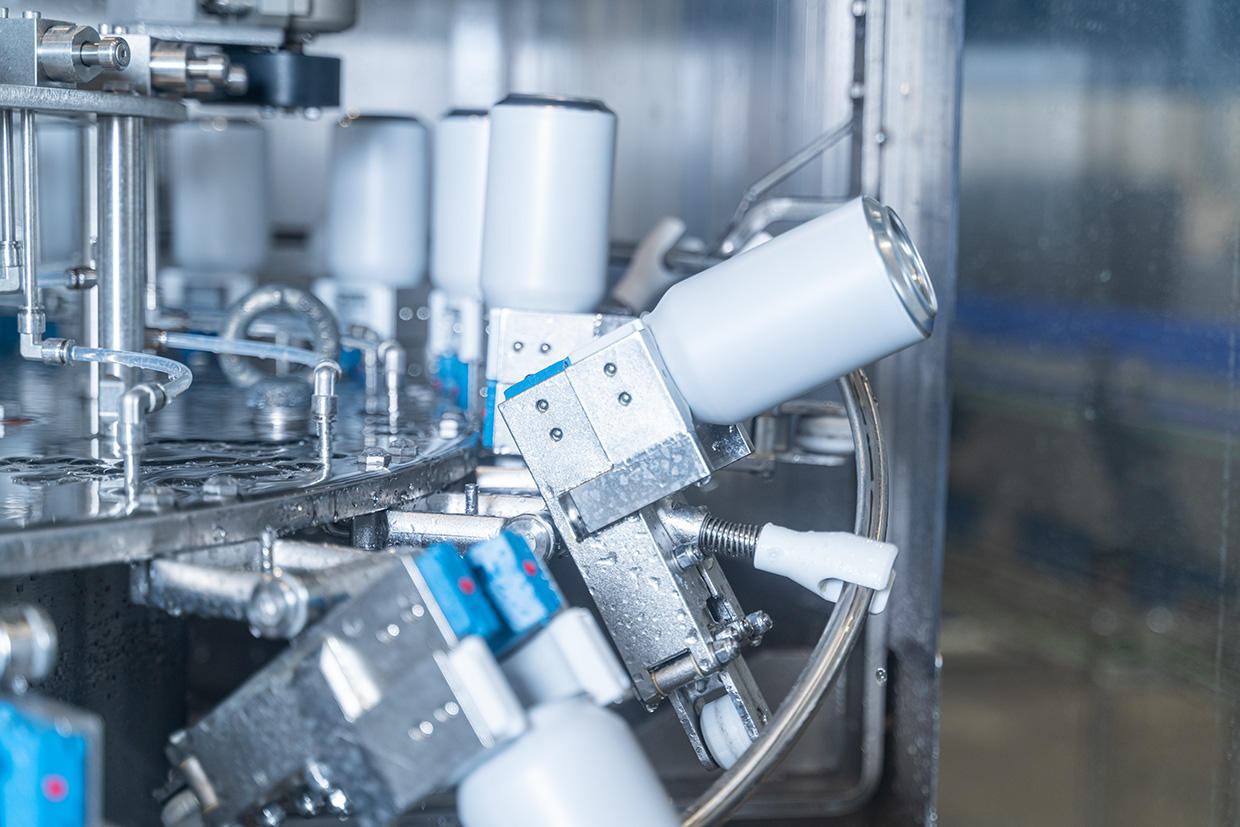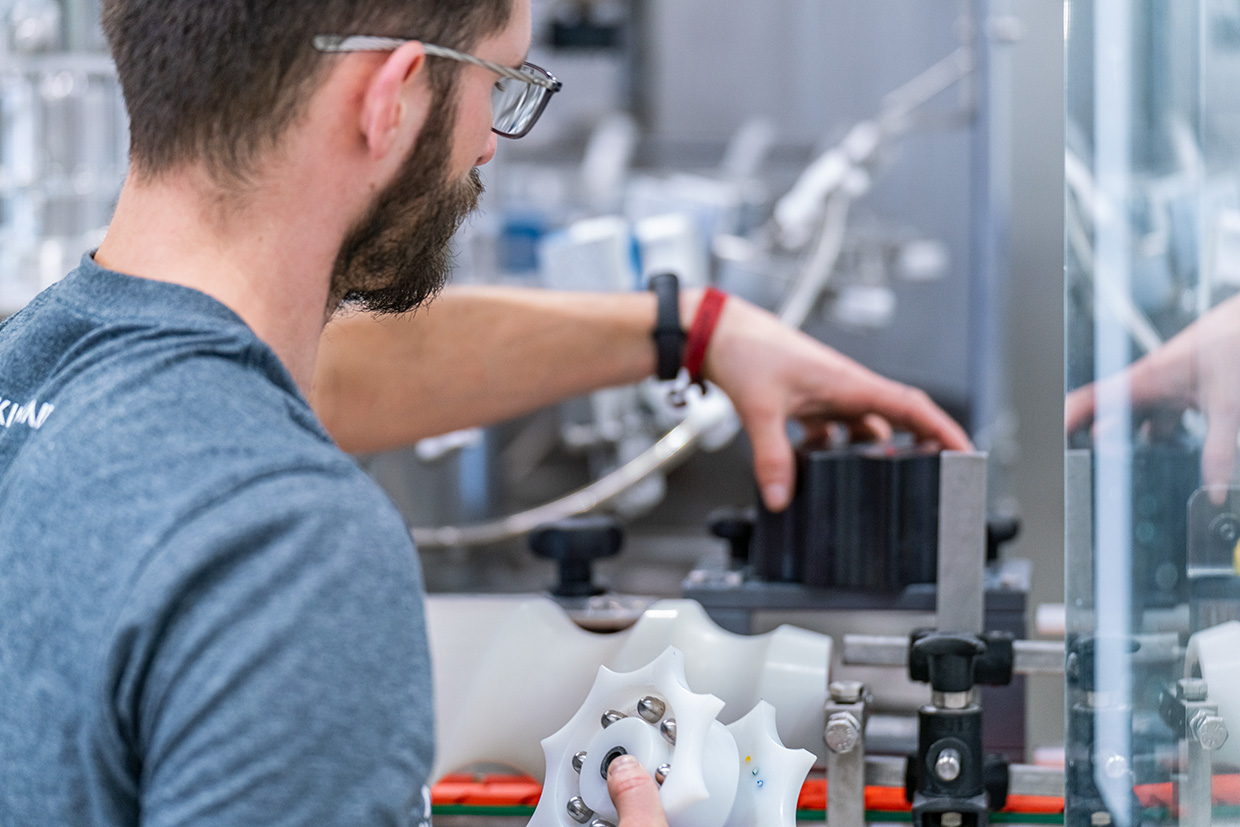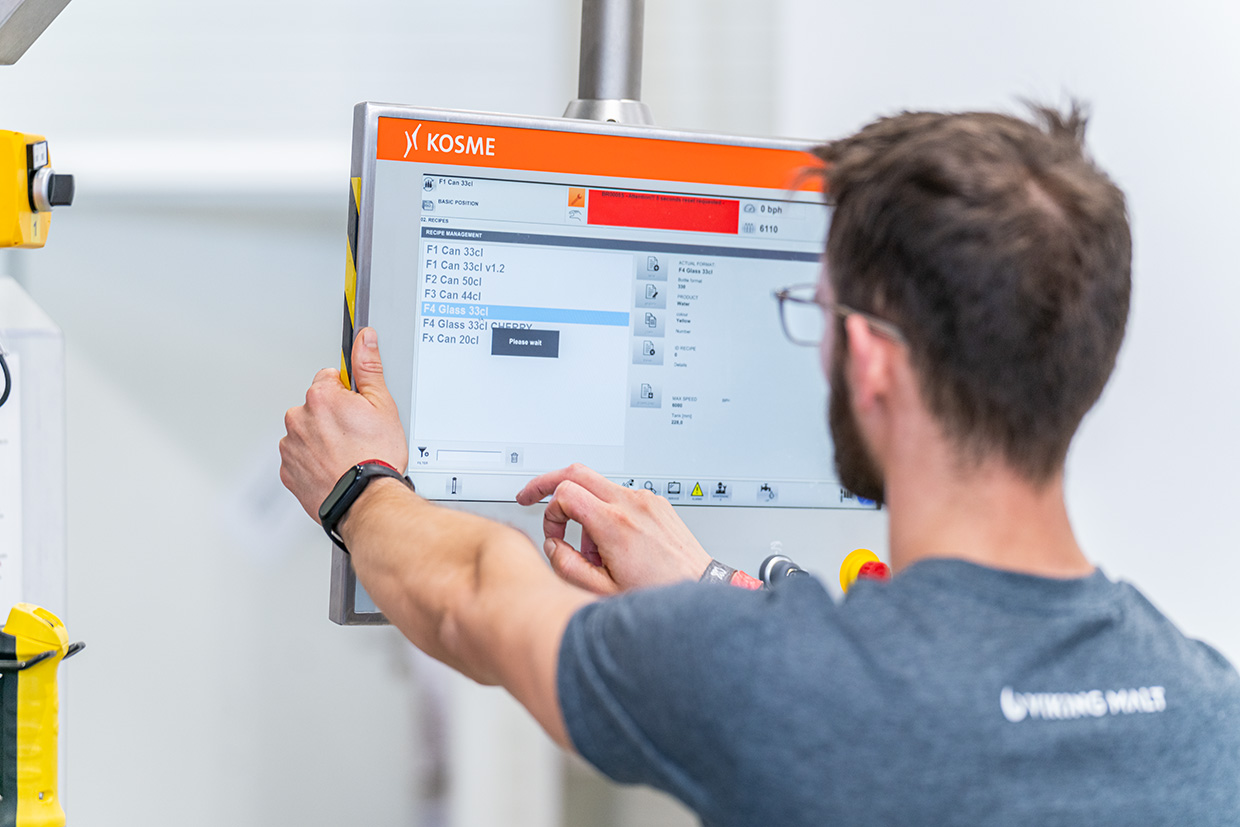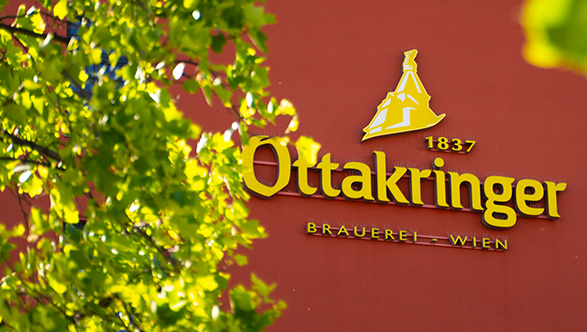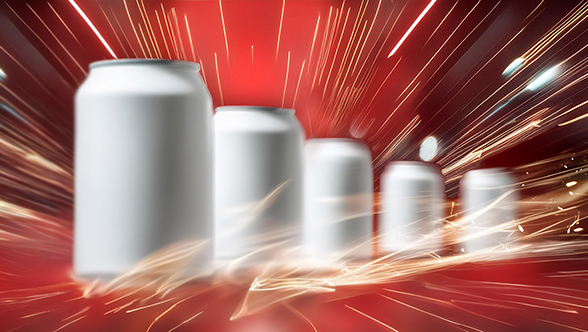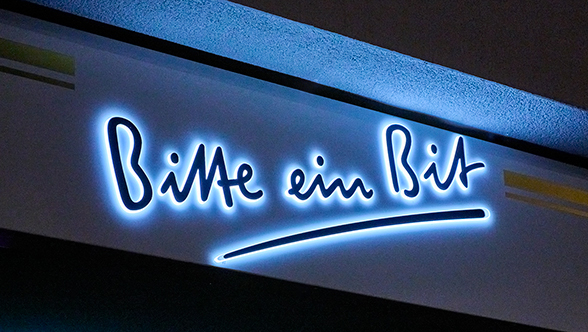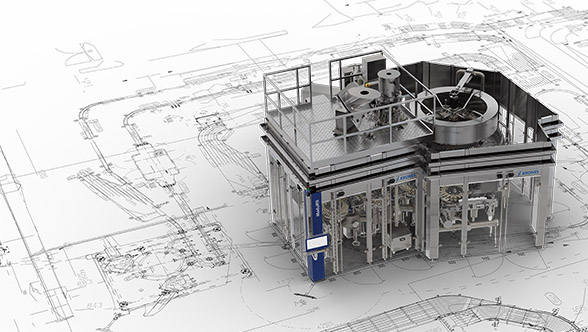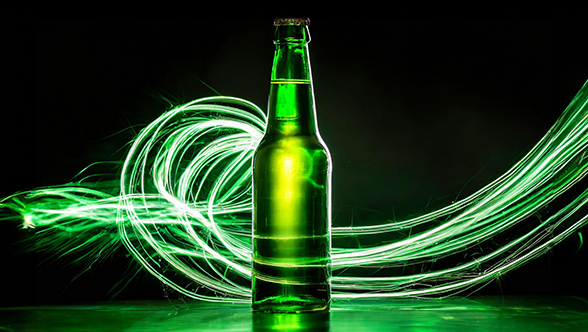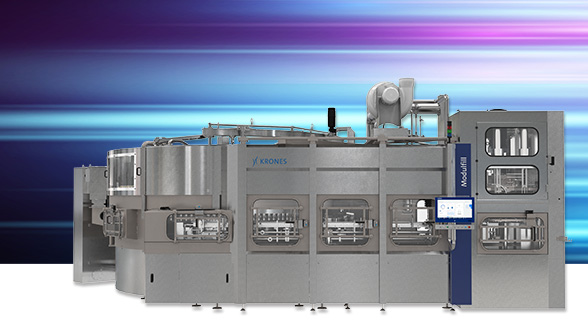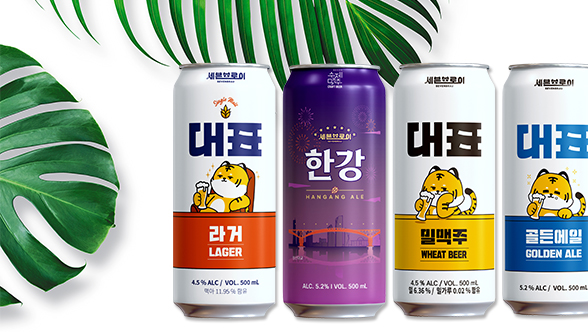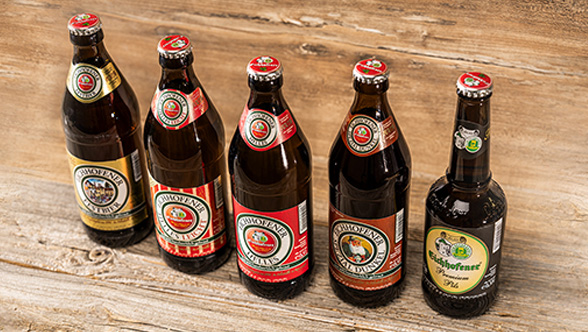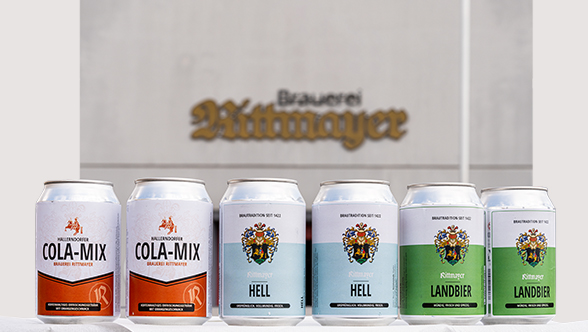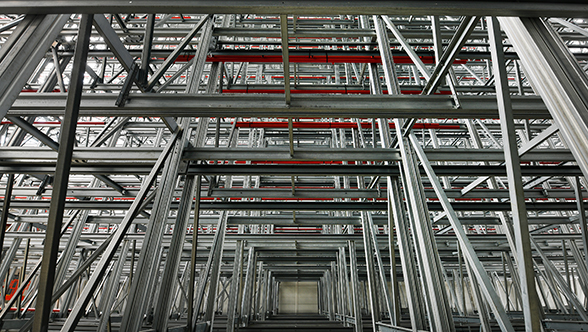Fun is the watchword at Monyo Brewing, something you notice immediately when you enter the courtyard. There is a stage, an arena and a bar, the perfect setting for summer parties and concerts, and garish cartoon scenes on the cars, which are THE hallmark of the young brewery. Their cans and bottles are also adorned with cartoon characters in vivid colours and with names to match: you can drink Mango Hero, Flying Rabbit, Grumpy Octopus or Lazy Pirate, to list just a few. Botond Prischetzky is Monyo’s brand manager who took a hand in developing the attention-grabbing design: “Fun is part of our DNA, and we want that to be immediately obvious in the way we present ourselves, our products and our world. Besides, we need an endless stream of variations for the huge number of beverages we offer, for our bar, the concerts, and who knows what we will come up with next. The cartoon characters are ideal vehicles for communicating our ‘Have fun’ philosophy.”

